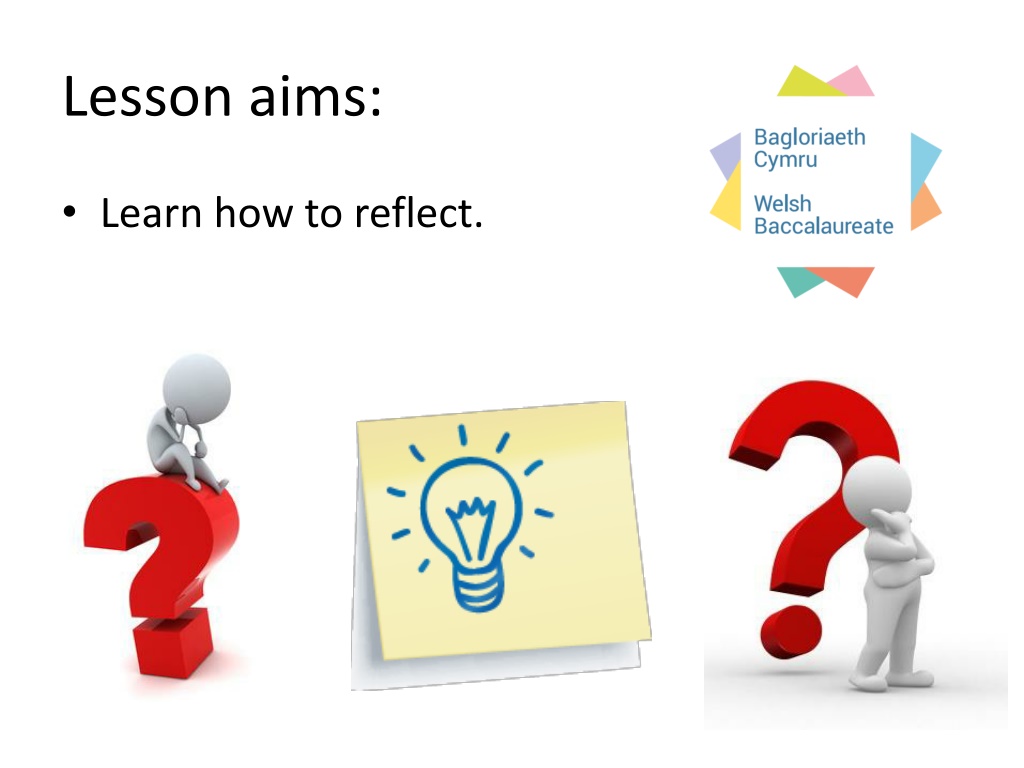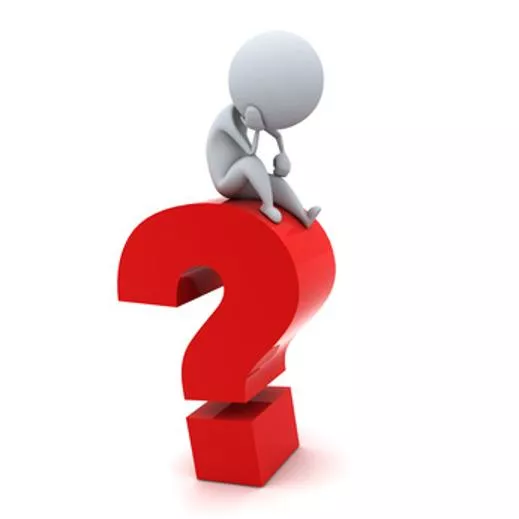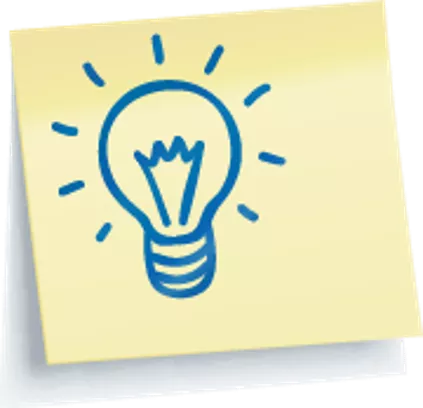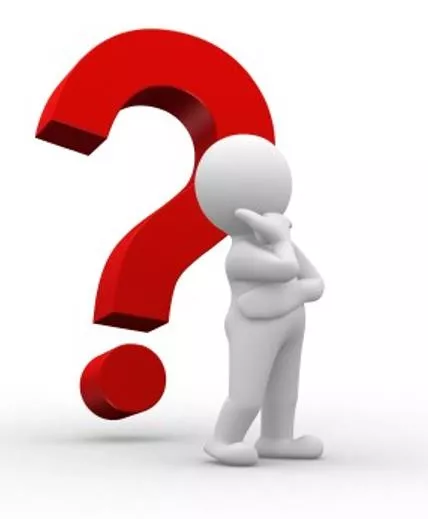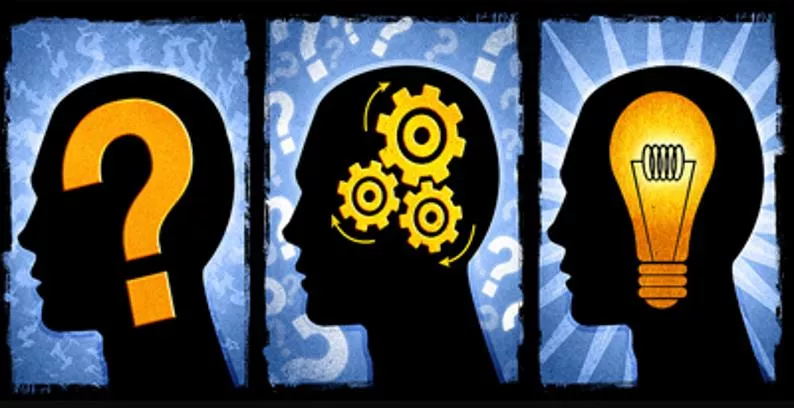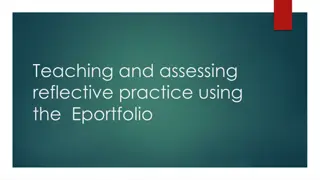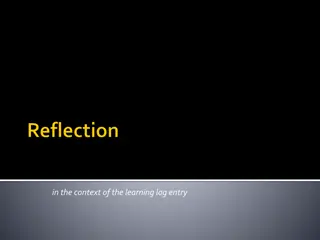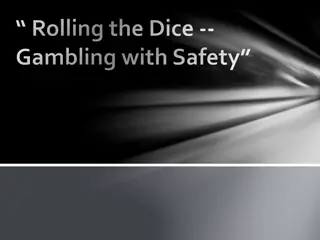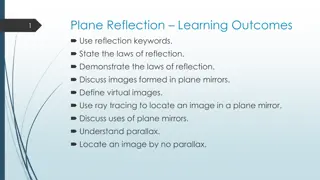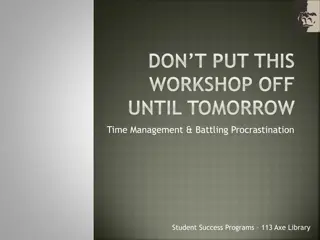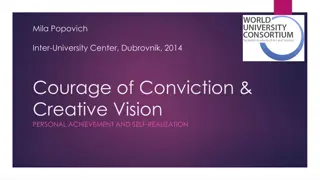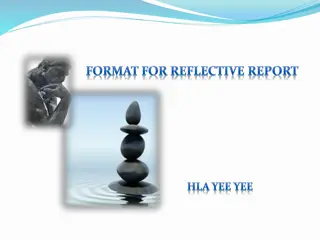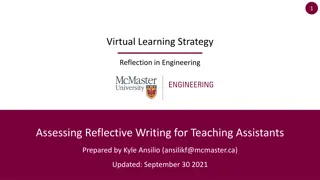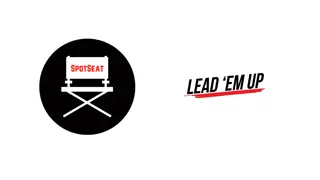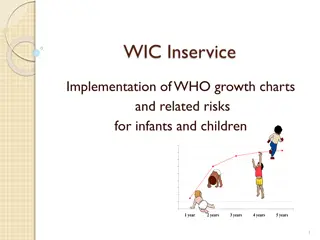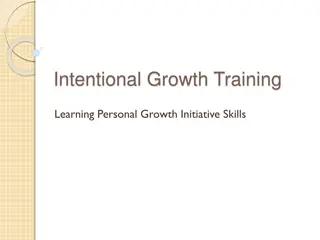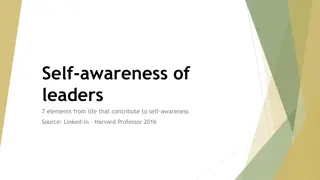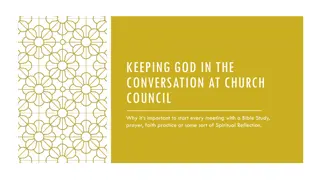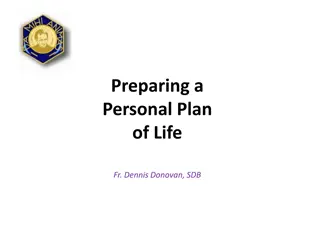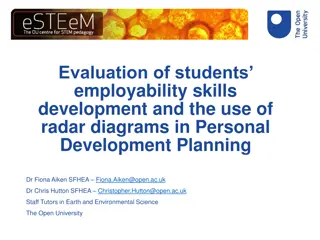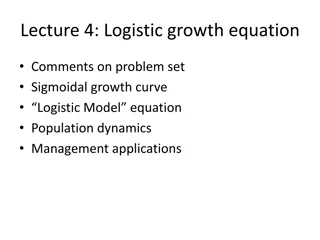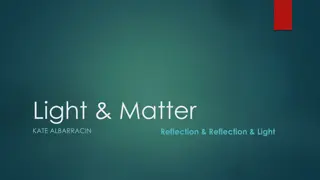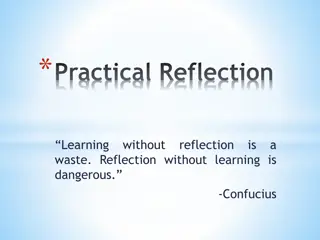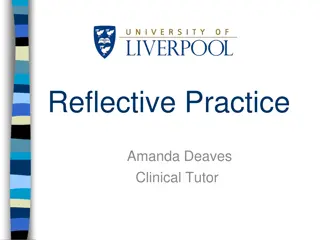Mastering Reflection for Personal Growth
Explore the art of reflection through insightful lesson aims, objectives, and practical exercises. Understand the importance of reflective practice, learn from experiences, and discover how reflection enhances personal development. Engage in post-match analysis and reflective tasks to deepen your understanding.
Download Presentation

Please find below an Image/Link to download the presentation.
The content on the website is provided AS IS for your information and personal use only. It may not be sold, licensed, or shared on other websites without obtaining consent from the author.If you encounter any issues during the download, it is possible that the publisher has removed the file from their server.
You are allowed to download the files provided on this website for personal or commercial use, subject to the condition that they are used lawfully. All files are the property of their respective owners.
The content on the website is provided AS IS for your information and personal use only. It may not be sold, licensed, or shared on other websites without obtaining consent from the author.
E N D
Presentation Transcript
Lesson aims: Learn how to reflect.
Lesson objectives: To learn what reflection is. To learn how to critically reflect. To use others views to reflect.
Reflecting on your Performance Watch Sam Warburton s post-match interview and answer the questions: 1. What were the positive aspects before the match? 2. What were the small things that could be changed? 3. What were the positive aspects of the match? https://www.youtube.com/watch?v=2AkLrHHU2vw
Reflective Practice Reflection is what allows us to learn from our experiences: it is an assessment of where we have been and where we want to go next. Kenneth Wolf We do not learn from experience we learn from reflecting on experience. John Dewey
Why Reflect? Give 3 points Reflection helps learners to: understand what they already know (individual) identify what they need to know in order to advance understanding of the subject (contextual) make sense of new information and feedback in the context of their own experience (relational) guide choices for further learning (developmental)
Discussion task What feedback would you receive from these people? How would it differ?
Write 4 reflections for each of the following people about Madonna s fall 1. Madonna 2. Madonna s backing dancers 3. Madonna s costume designer 4. A television critic https://www.youtube.com/watch?v=0xYCdQyfaqE
http://4.bp.blogspot.com/-6eUHFekfYGY/Ts017Qa4NJI/AAAAAAAAD3o/YDG-0NKDvxY/s1600/alact2.pnghttp://4.bp.blogspot.com/-6eUHFekfYGY/Ts017Qa4NJI/AAAAAAAAD3o/YDG-0NKDvxY/s1600/alact2.png Reflection does not go in a straight line!
Personal Reflections What? What happened? What did you observe? What issue is being addressed or population is being served? So What? Did you learn a new skill or clarify an interest? How is your experience different from what you expected? What impacts the way you view the situation/experience? What did you like/dislike about the experience? What did you learn about the people/community? What are some of the pressing needs/issues in the community? How does this project address those needs? Now What? What other work is currently happening to address the issue? What learning occurred for you in this experience? How can you apply this learning? What would you like to learn more about, related to this project or issue? What follow-up is needed to address any challenges or difficulties? What information can you share with your peers or the community? If you could do the project again, what would you do differently?
How to become a reflective learner 1. Establish objectives 2. Recognise current level of performance 3. Plan how to meet targets 4. Use effective time management 5. Use feedback and support 6. Monitor and review progress 7. Critically reflect on own learning http://resources.troux.com/Portals/44608/images/vemma_success_pillars.jpg
How to write a reflective piece: I contributed to the challenge by ... I enjoyed The thing I / we found most difficult was The main challenge was but this was achieved by Working as a team was Working independently on my contribution If we started again, next time I / we would Next time I / we need to change
